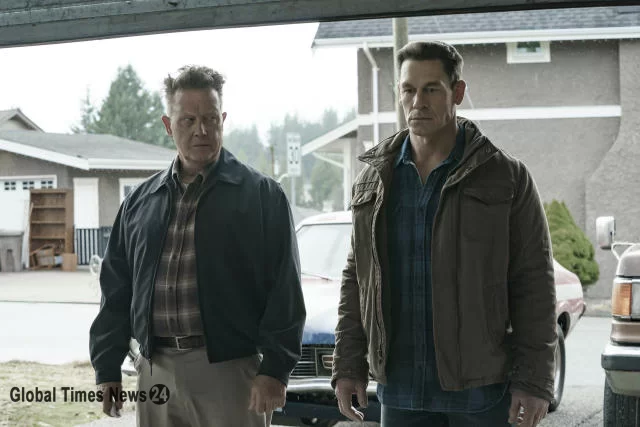After leaving a relationship, we're left to navigate the unfamiliar territory of being on our own. It's been harder than expected, with no busy schedules to fill or daily routines to follow. In idle moments, we find ourselves daydreaming about specific times in our past relationship – like that wintry weekend by the sea when we walked on the beach together, bundled up in thick scarves.
We remember feeding the seagulls and drinking cheap white wine from paper cups on the seafront, feeling connected and happy. It's strange how ordinary moments like those have taken on a newfound charm now that we're apart. We've also found ourselves nostalgic for the small pleasures of everyday life, like coming home from the supermarket and putting away groceries in the fridge and cupboards.
This nostalgia is familiar, as it's a common experience for many people who have been through significant changes – like those who faced the industrial and scientific revolutions in Britain during the 19th century. As people struggled to adapt to new urban environments, they began to romanticize the past, imagining simpler times with stronger communities and more cohesive values.
Artists and thinkers of the time idealized the Middle Ages, portraying idyllic scenes of happy laborers, cheerful villagers, and kind lords and ladies. They saw no violence, alienation, or fear in these imagined communities. It was as if they believed that life had always been better in some bygone era.
But what underlies this nostalgia is often a disregard for why things changed – and might have needed to do so. The nostalgic attitude assumes that history moved on for no reason, that the complexities of the present are accidental and not the result of legitimate efforts towards growth and progress.
![]()
We often romanticize our past relationships, forgetting the complexities and challenges that led us to leave them. But this nostalgia is rooted in selective memory, which edits out the difficulties and ignores the reasons we decided to end things.
When we're feeling down, it's easy to imagine that our past relationships were better than they actually were. But this illusion is based on incomplete information and ignores the realities of our emotional experiences. We must trust our own decisions and remember that we left those relationships for good reasons, even if we can't recall them now.
The truth about relationships is not something we discover in hindsight, but rather something we understand when we're in the midst of them. We need to accept that our past relationships were imperfect and that we grew apart for legitimate reasons. This doesn't mean that we didn't love each other or have some good times; it means that we're complicated people with complex needs, and sometimes those needs can't be met in a single relationship.
Love is not a magic solution that can be found once and forever; it's a skill that requires effort, communication, and compromise. By acknowledging our own complexity and the difficulties of relationships, we can move forward with greater self-awareness and a deeper understanding of what we need in order to be happy.
News ID : 3298
 Jimmy Fallon tests positive for COVID
Entertainment
Jimmy Fallon tests positive for COVID
Entertainment
 James Gunn and John Cena discuss the real villain of the superhero comedy 'Peacemaker'
Entertainment
James Gunn and John Cena discuss the real villain of the superhero comedy 'Peacemaker'
Entertainment
 Adidas ends of ties with Kanye West over anti-Semitic comments
Entertainment / Breaking News
Adidas ends of ties with Kanye West over anti-Semitic comments
Entertainment / Breaking News
 Why The Main Star of The Walking Dead Walked Away
Entertainment / Breaking News
Why The Main Star of The Walking Dead Walked Away
Entertainment / Breaking News
 Amber Heard alleges her role in 'Aquaman 2' was cut down significantly due to Johnny Depp
Entertainment
Amber Heard alleges her role in 'Aquaman 2' was cut down significantly due to Johnny Depp
Entertainment